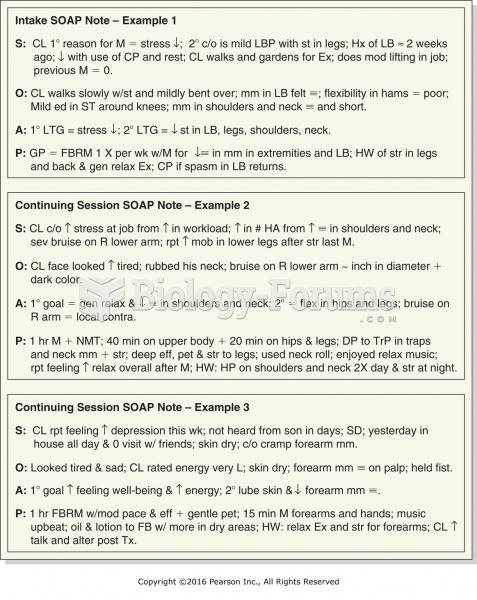|
|
|
Did you know?
Women are two-thirds more likely than men to develop irritable bowel syndrome. This may be attributable to hormonal changes related to their menstrual cycles.
Did you know?
Thyroid conditions may make getting pregnant impossible.
Did you know?
Approximately 70% of expectant mothers report experiencing some symptoms of morning sickness during the first trimester of pregnancy.
Did you know?
Amoebae are the simplest type of protozoans, and are characterized by a feeding and dividing trophozoite stage that moves by temporary extensions called pseudopodia or false feet.
Did you know?
Between 1999 and 2012, American adults with high total cholesterol decreased from 18.3% to 12.9%
 Approximately 1 pound (0.45 kg) of ground elk meat formed into patties; note the relatively small fa
Approximately 1 pound (0.45 kg) of ground elk meat formed into patties; note the relatively small fa
 A freshly applied autograft. Note that the donor skin has been perforated so that it can be stretche
A freshly applied autograft. Note that the donor skin has been perforated so that it can be stretche
 Model of a longitudinal study in which 983 students were surveyed in 1984 and then again in 1985, 19
Model of a longitudinal study in which 983 students were surveyed in 1984 and then again in 1985, 19




